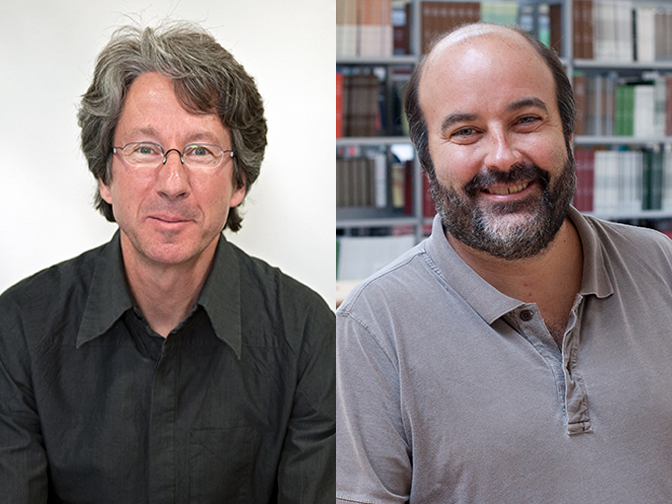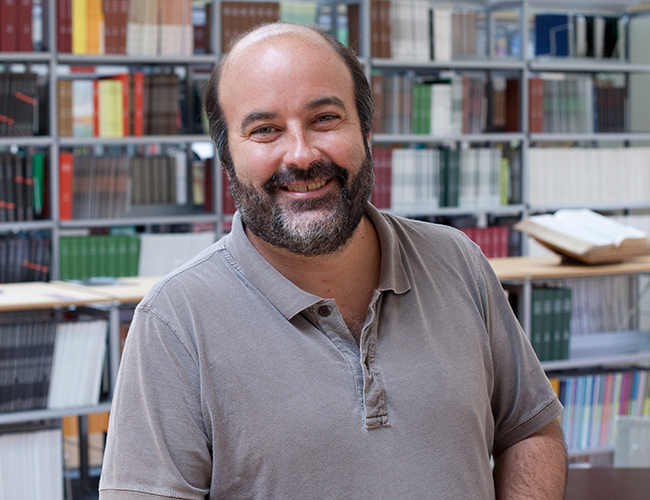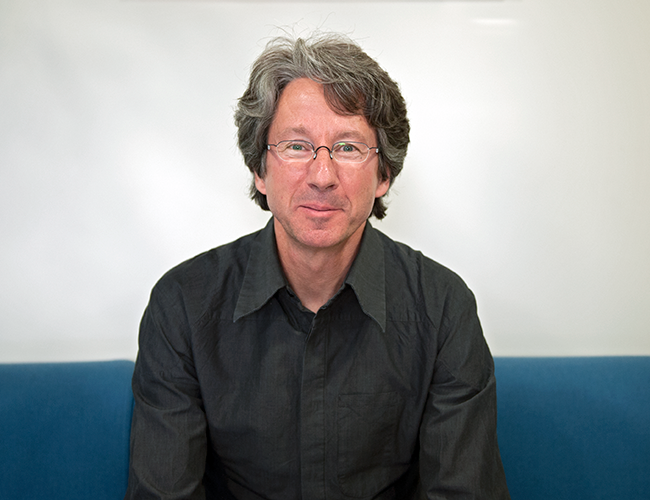

ECMWF has appointed Professor Daniel Jacob from Harvard University and Professor Heini Wernli from ETH Zurich to three-year Fellowships. The two new ECMWF Fellows work in the fields of atmospheric composition and dynamic meteorology, respectively.
ECMWF launched its Fellowship Programme in 2014 to foster collaboration with renowned international scientists. Professors Jacob and Wernli have been selected because of the outstanding quality of their scientific work and its relevance to ECMWF’s strategic goal of improving forecast skill in the medium and extended range.
Daniel Jacob is Vasco McCoy Family Professor of Atmospheric Chemistry and Environmental Engineering at Harvard University, USA, where he leads the Atmospheric Chemistry Modeling group. The group’s goal is to understand the chemical composition of the atmosphere, its perturbation by human activity, and the implications for climate change and life on Earth.
Professor Jacob and his group are developing in particular the GEOS-Chem global chemical transport model, which is used by over 100 research groups around the world to address a wide range of atmospheric composition problems.
Atmospheric composition is part of the Earth system representation in contemporary numerical weather prediction and climate models, alongside other components, such as oceans, land surface and sea ice. Modelling the interaction between these components is important to improve numerical weather prediction and forecast skill and will be a key strategic goal for ECMWF in the coming decade.

Daniel Jacob is Vasco McCoy Family Professor of Atmospheric Chemistry and Environmental Engineering at Harvard University, USA.
Speaking about the Fellowship, Professor Jacob said: “My group and ECMWF have a strong commonality of interests in chemical data assimilation and source inversions using satellite observations of atmospheric composition.”
Professor Jacob is also Leader of NASA’s Air Quality Applied Sciences Team and Co-Chair of NASA’s GEO-CAPE Atmosphere Science Working Group. He hopes to use his tenure as Fellow “to promote the exchange of ideas and collaboration between NASA and ECMWF”.
He is also a member of the Steering Committee for the 2017–2027 Earth System Applications from Space Decadal Survey of the US National Research Council.
Heini Wernli is Professor of Atmospheric Dynamics at the ETH in Zurich, Switzerland. He works at the Institute for Atmospheric and Climate Science in the Department of Environmental Systems Science, where he researches the dynamics, climatology and predictability of weather systems in the mid-latitudes, and transport processes in the atmosphere (water, dust, trace gases).
Professor Wernli and his group already work with ECMWF data, particularly the ERA-Interim reanalysis, to test theoretical ideas about the interaction between clouds and dynamics and examine how changes to models affect forecasts.
He hopes that closer ties with ECMWF will help the group to gain “a better understanding of what the most relevant questions are and where our way of looking at weather and models and model error can help”.

Heini Wernli is Professor of Atmospheric Dynamics at the ETH in Zurich, Switzerland.
“I am extremely honoured to have been nominated as a Fellow,” he said. “It is both an honour for what my research group has been doing over the last few years and also a great opportunity for us to strengthen our co-operation with ECMWF experts.”
Professor Erland Källén, Director of Research at ECMWF, said: “Heini Wernli and Daniel Jacob are two world-leading atmospheric scientists. We are very pleased to have them joining us as Fellows and we look forward to collaborating with them and their research groups at ETH in Zurich and Harvard University in Cambridge, Massachusetts.”
The two new Fellows began their three-year tenures on 1 March 2016. More information about the Fellowship programme is available on our International Collaboration page.
